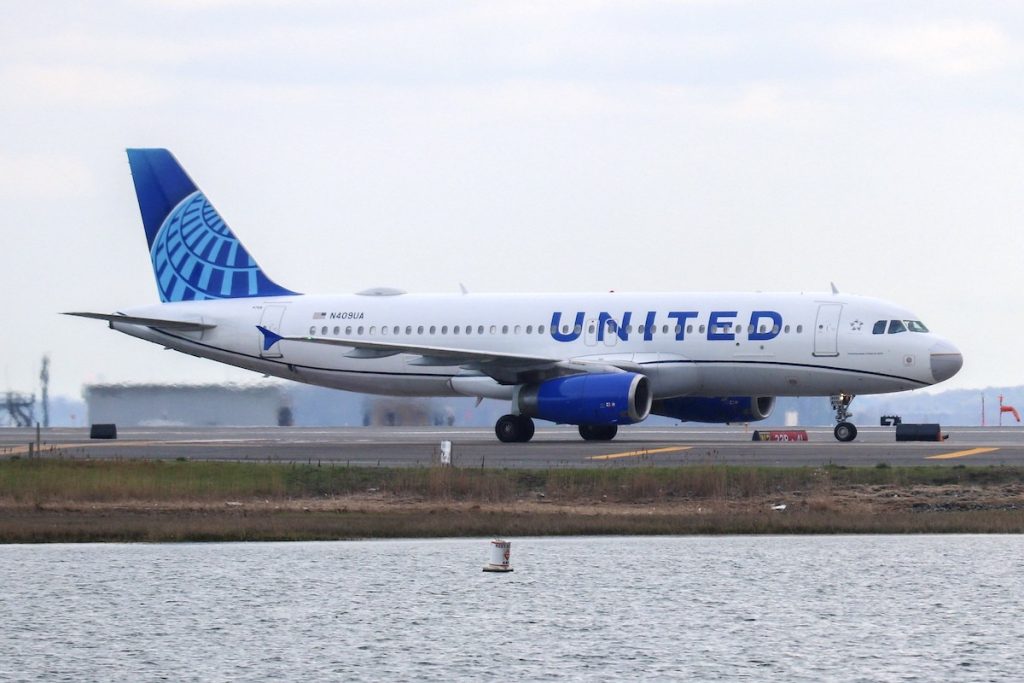This past summer has seen record-breaking international travel for airlines, with American Airlines, Delta Air Lines, and United Airlines experiencing sustained increases in international bookings. Certain regions, such as southern Europe, have become year-round tourist destinations. Airlines are optimistic that this demand will continue into the next summer, with American Airlines already releasing its summer 2025 schedule including new routes to cities like Athens, Milan, Rome, Edinburgh, and Madrid. However, carriers are facing challenges in Asia, particularly in China, where restrictions have led to route cancellations by airlines like Delta.
In an interview with Patrick Quayle, United’s senior vice president of global network planning and alliances, he discussed the state of the airline’s network and its operations in China. Prior to Covid, United had the most capacity flying to mainland China, but restrictions from the Chinese government during the pandemic led to reduced operations. As the world opened up post-Covid, the U.S. and Chinese governments began discussions to re-establish flights, with United now operating three daily flights to mainland China. Quayle highlighted the challenges faced by U.S. airlines due to restrictions on Russian airspace, which put them at a disadvantage compared to Chinese carriers.
United has been expanding its route network within Europe, adding destinations like Marrakech, Naples, Cape Town, Dubrovnik, and Porto, to provide unique experiences for travelers. The airline aims to de-commoditize the travel industry by offering routes that were previously unserved by U.S. airlines. While focusing on creating unique travel experiences, United also ensures that these routes are financially viable and aligned with its shareholder targets. All of United’s hubs are currently profitable, with varying degrees of performance, and the airline remains committed to maintaining profitability across its operations.
In terms of the domestic market, United executives predicted that low-cost carriers would adjust their overcapacity, which had impacted profits for United and other airlines. As of mid-August, many airlines have adjusted their schedules to reduce capacity in the latter half of the year. United notes that all of its hubs are profitable, with some outperforming others. Low-cost carriers like Spirit, JetBlue, and Frontier are experiencing significant losses, prompting them to make strategic cuts. United foresees a solid profit in the upcoming months, in contrast to the extreme losses seen by low-cost carriers. Overall, the airline industry is experiencing shifts in performance, with a focus on sustainable profitability moving forward.














